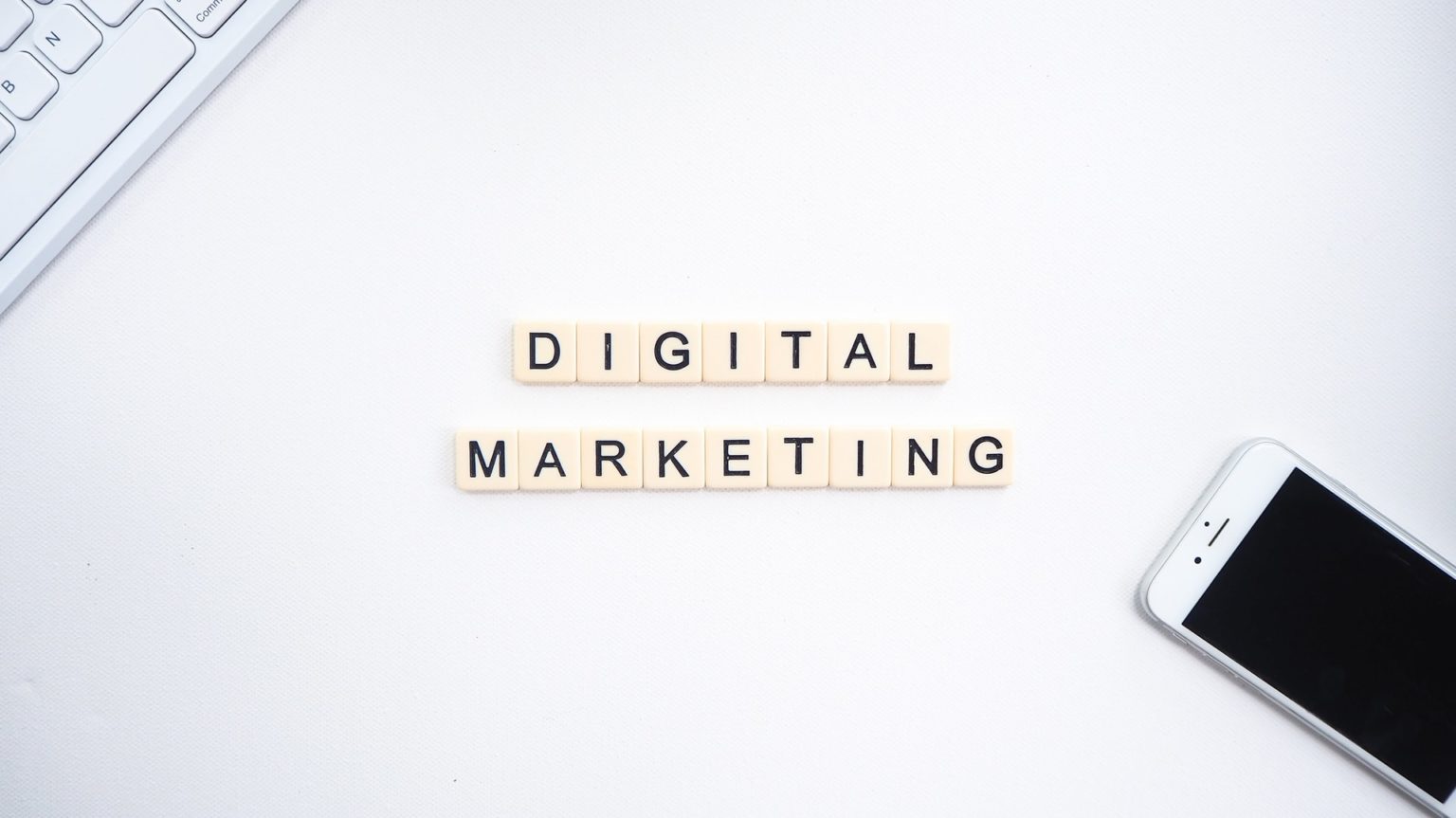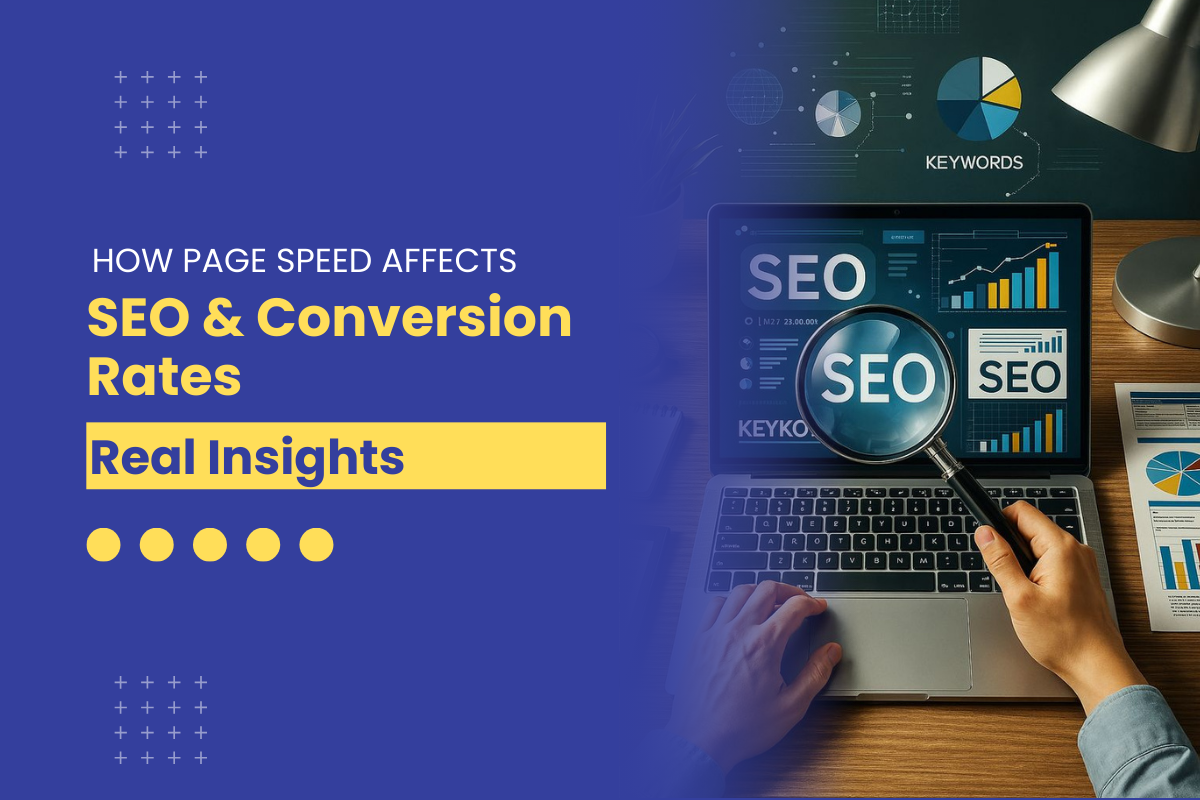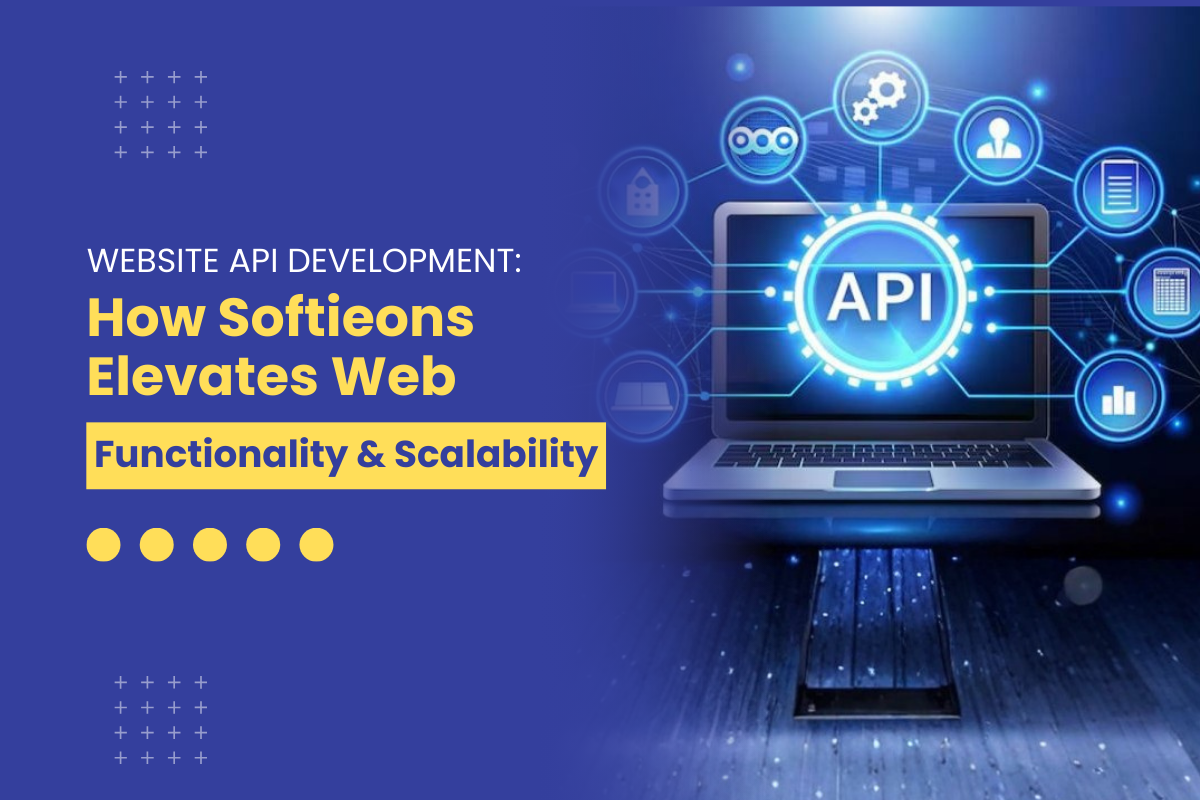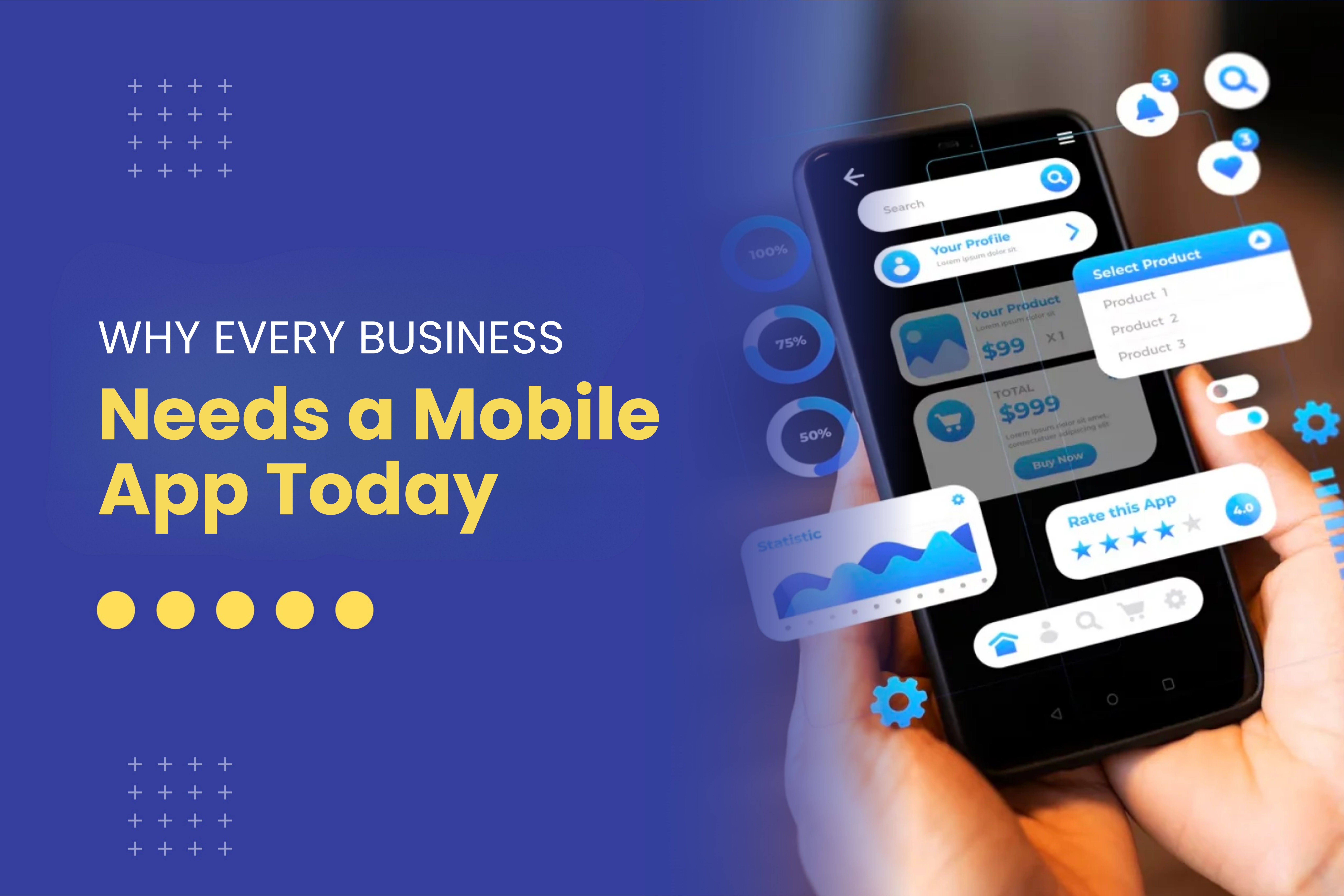What is ERP?
Wed, 14 Apr 2021
Enterprise Resource Planning (ERP) is now popular with many enterprises, due to its tremendous benefits for companies of all sizes and industries. The ERP program standardizes, streamlines, and incorporates business processes through departments such as accounting, human resources, procurement, distribution, and others. Here’s all about these main IT systems you need to know.
What is ERP?
ERP is an integrated software application system that standardizes, streamlines, and integrates business processes across departments including finance, human resources, procurement, distribution, and others. ERP systems usually run on an integrated software framework using specific data concepts that work on one database.
Originally built for manufacturing companies, ERPs have spread to the service sectors, higher education, hospitality, health care, financial services, and government. Each company has the peculiarities of its ERP. Public ERP, for example, uses contract lifecycle management (CLM) rather than conventional transactions, which meets public accounting rather than GAAP rules. Banks have arbitration procedures in the back office to resolve accounts, credit cards, debit cards, and other instruments.
Key features of ERP systems
Most ERP software features the following characteristics:
Enterprise-wide integration:
Business processes across divisions and business units are implemented end to end. For example, a new order immediately initiates a credit check, checks the quality of the commodity, and updates the schedule for the delivery. Once the order has been delivered the invoice will be submitted.
Real-time operations:
Because the procedures in the above example occur within a few seconds of obtaining the order, problems are easily detected, allowing the seller more time to rectify the situation.
A common database:
A common database allows us to define data with each department using the same definition once for the enterprise. To boost performance some ERP systems break the physical database.
Consistent look and feel:
Early ERP vendors realized that training costs are reduced by software with a consistent user interface and appear more professional. When an ERP vendor acquires other software, a common look and feel are sometimes discontinued in favor of speed to market. As new products join the market, most ERP vendors restore the user interface consistent with this.
Advantages of ERP:
- Focused IT costs
- Total visibility
- Improved reporting and planning
- Improved efficiency
Disadvantages of ERP:
- The cost of ERP software is high
- The cost of implementation and maintenance is also high
- The customization process
Types of ERP solutions
- ERPs support large, global enterprises and handle all internationalization issues, including currency, language, alphabet, postal code, accounting rules, etc.
- Government ERPs support large, mostly federal, government agencies.
- ERPs support large enterprises that may operate in multiple countries but lack global reach.
- ERPs support mid-tier enterprises.
- ERPs are also designed for small enterprises and often focus on accounting.
POPULAR POSTS
The Difference between Digital Marketing and Advertising
Wed, 07 Apr 2021Why UX And UI Is Important For Mobile Application Development
Sat, 01 May 2021How Chatbot Development Is Transforming Customer Service
Thu, 06 May 2021Top Hosted Ecommerce Platforms of 2020
Wed, 07 Apr 2021RECENT POSTS
How Page Speed Affects SEO & Conversion Rates | Real Insights 2026
Tue, 27 Jan 2026Website API Development: How to Boost Scalability & Functionality
Tue, 27 Jan 2026Minimum Budget for Facebook Ads in India in 2025 – What Works
Tue, 20 Jan 2026How PHP and Laravel Help Build Secure Websites | PHP Security
Tue, 20 Jan 2026Why Every Business Needs a Mobile App Today – Simple Guide
Tue, 20 Jan 2026









